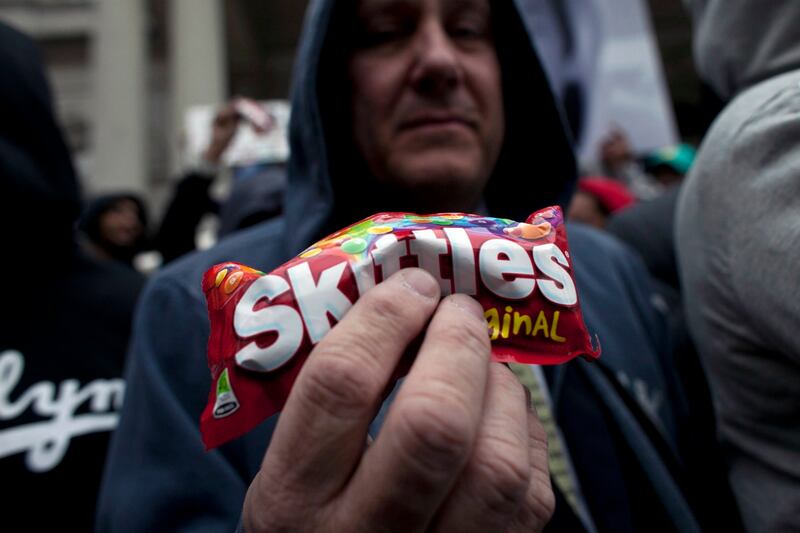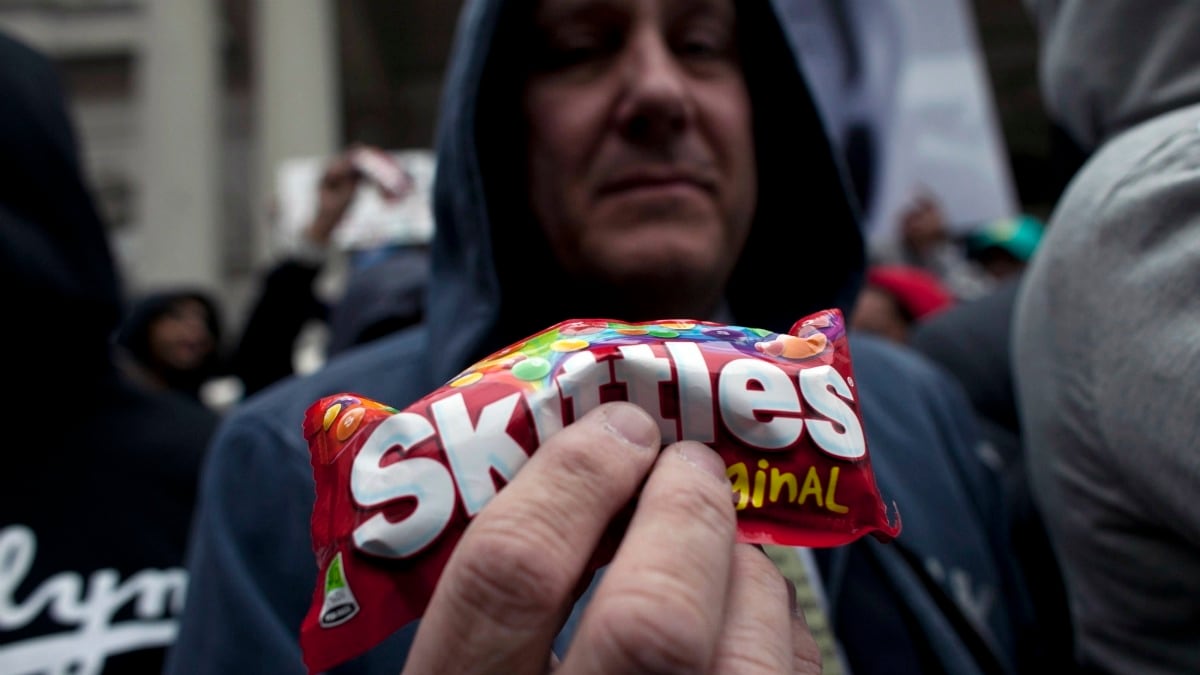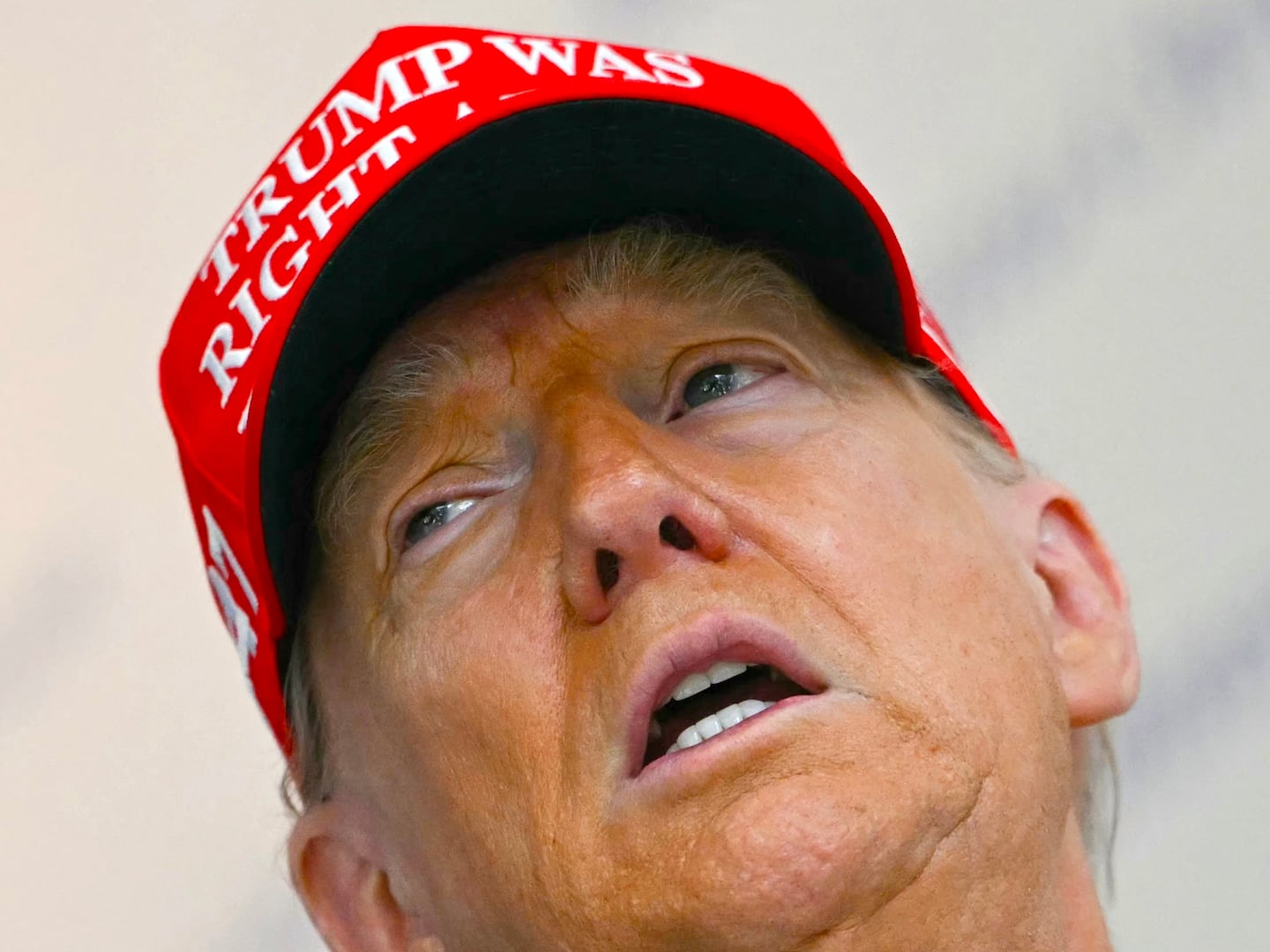
This is the tragic version of the jump in the stock price of the company that makes Etch A Sketch:
At Spelman College, the historically black women’s liberal arts school in Atlanta, the student government is buying Skittles in bulk and reselling them for 50 cents a bag to raise money for the family of Trayvon Martin, the teenager who was shot and killed by a crime watch volunteer in Sanford, Fla., last month carrying only a packet of the candy and a bottle of iced tea.
The candy has been piled into makeshift memorials, crammed into the pockets of thousands of people who have shown up at rallies in his name and sent to the Sanford Police Department to protest the lack of an arrest in the case.
Like the hoodie sweatshirt he was wearing, the candy has been transformed into a cultural icon, a symbol of racial injustice that underscores Trayvon’s youth and the circumstances surrounding his death. But in the offices of the company that makes Skittles, Wrigley, and its parent company, Mars, Skittles’ new level of fame has quickly become a kind of marketing crisis that is threatening to hurt the company even as sales improve.
“You get trained if someone dies eating your product, but I don’t think anyone has been through training for something like this,” said Beth Gallant, a marketing professor at Lehigh University who has worked as a brand manager for Nabisco, Kraft, Pfizer and Crayola. ...
For its part, Wrigley has chosen to make only a subdued statement about its product, saying the company is deeply saddened, respects the family’s privacy and feels “it inappropriate to get involved or comment further as we would never wish for our actions to be perceived as an attempt of commercial gain following this tragedy.”
A spokeswoman, Jennifer Jackson Luth, would not comment on the impact of Skittles’s sudden popularity on profits.






